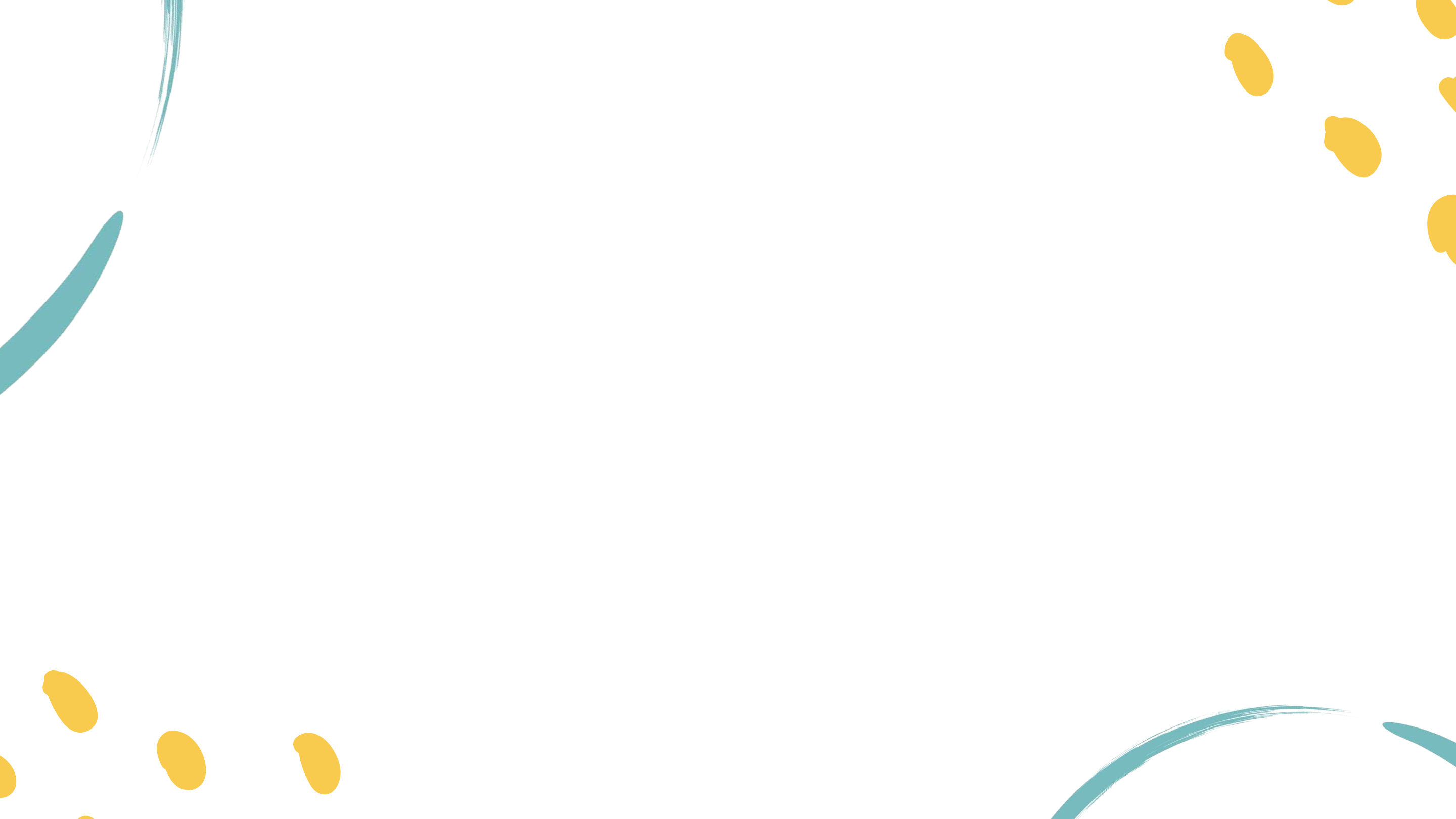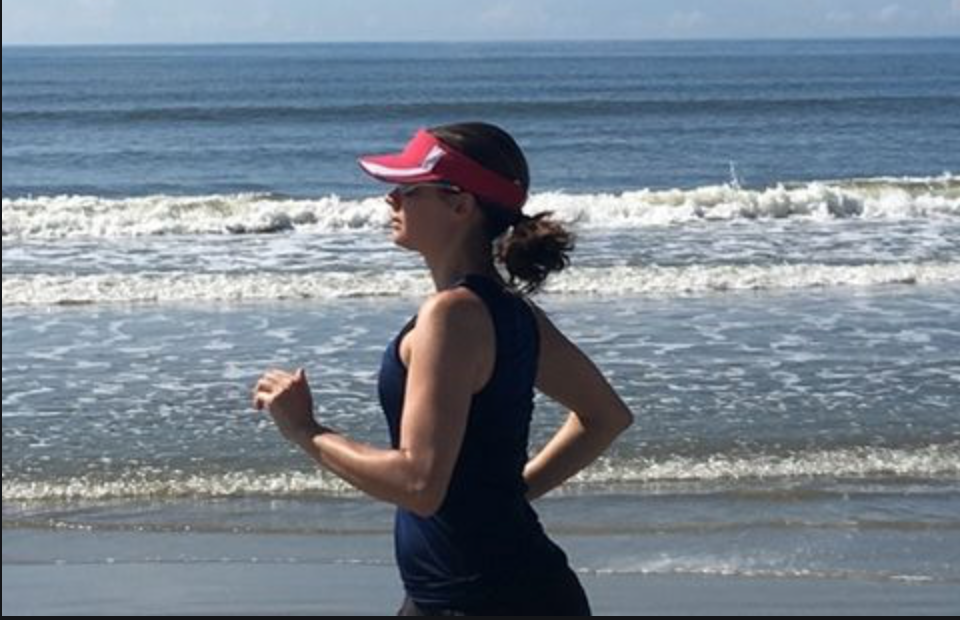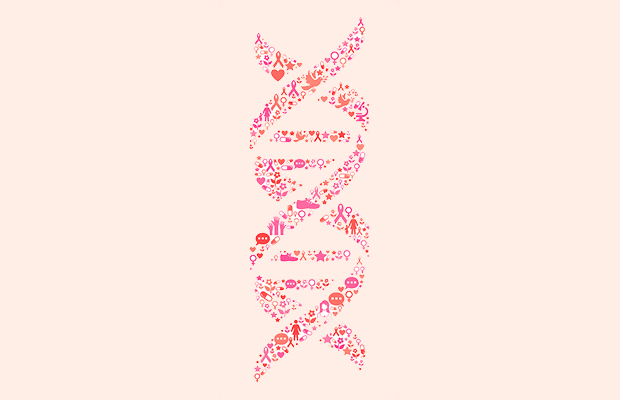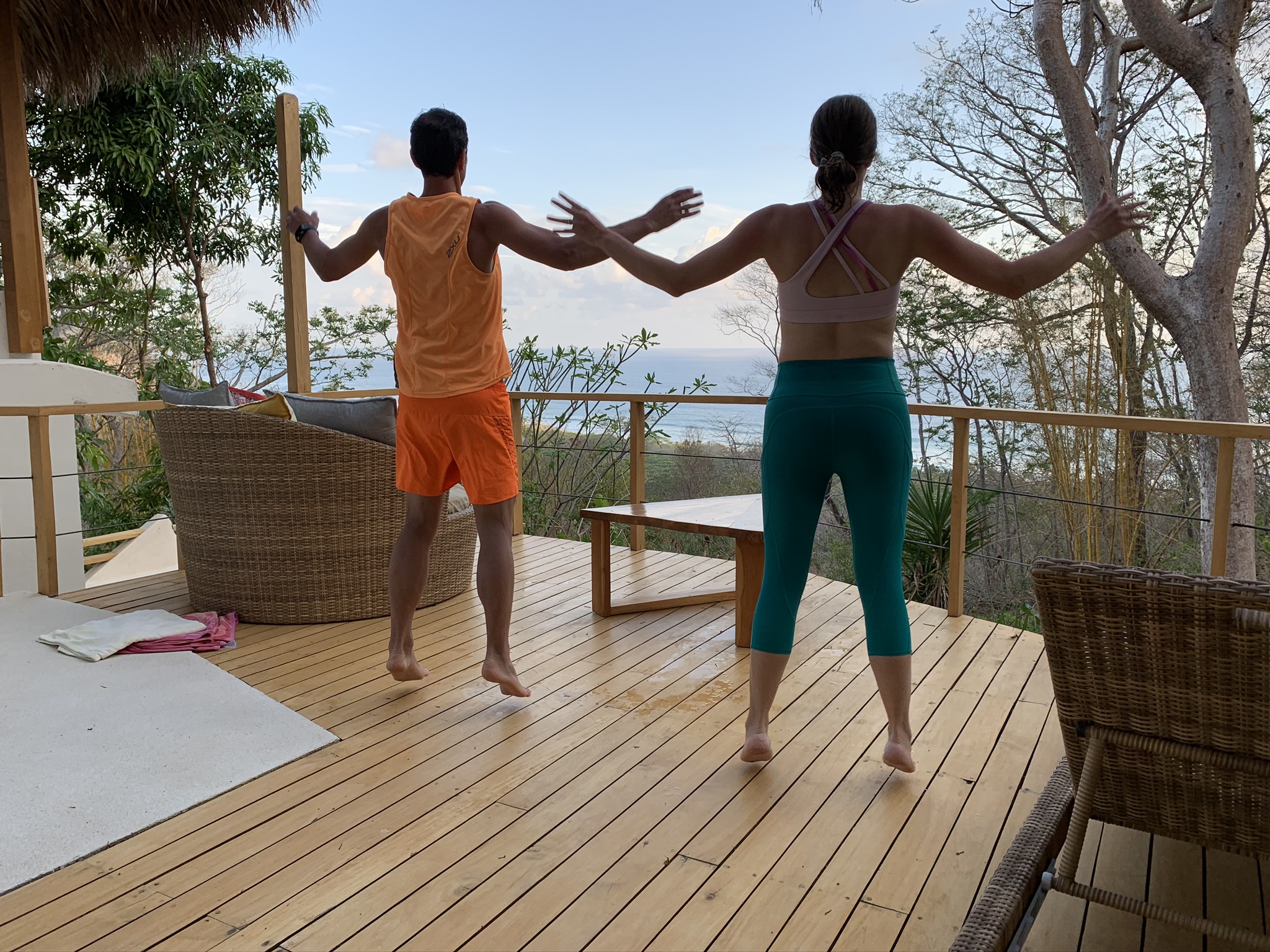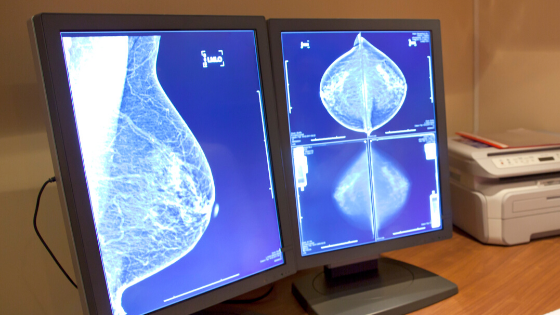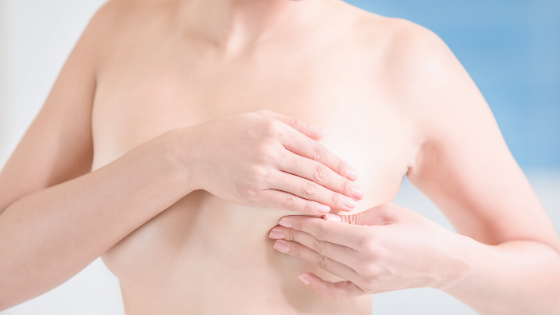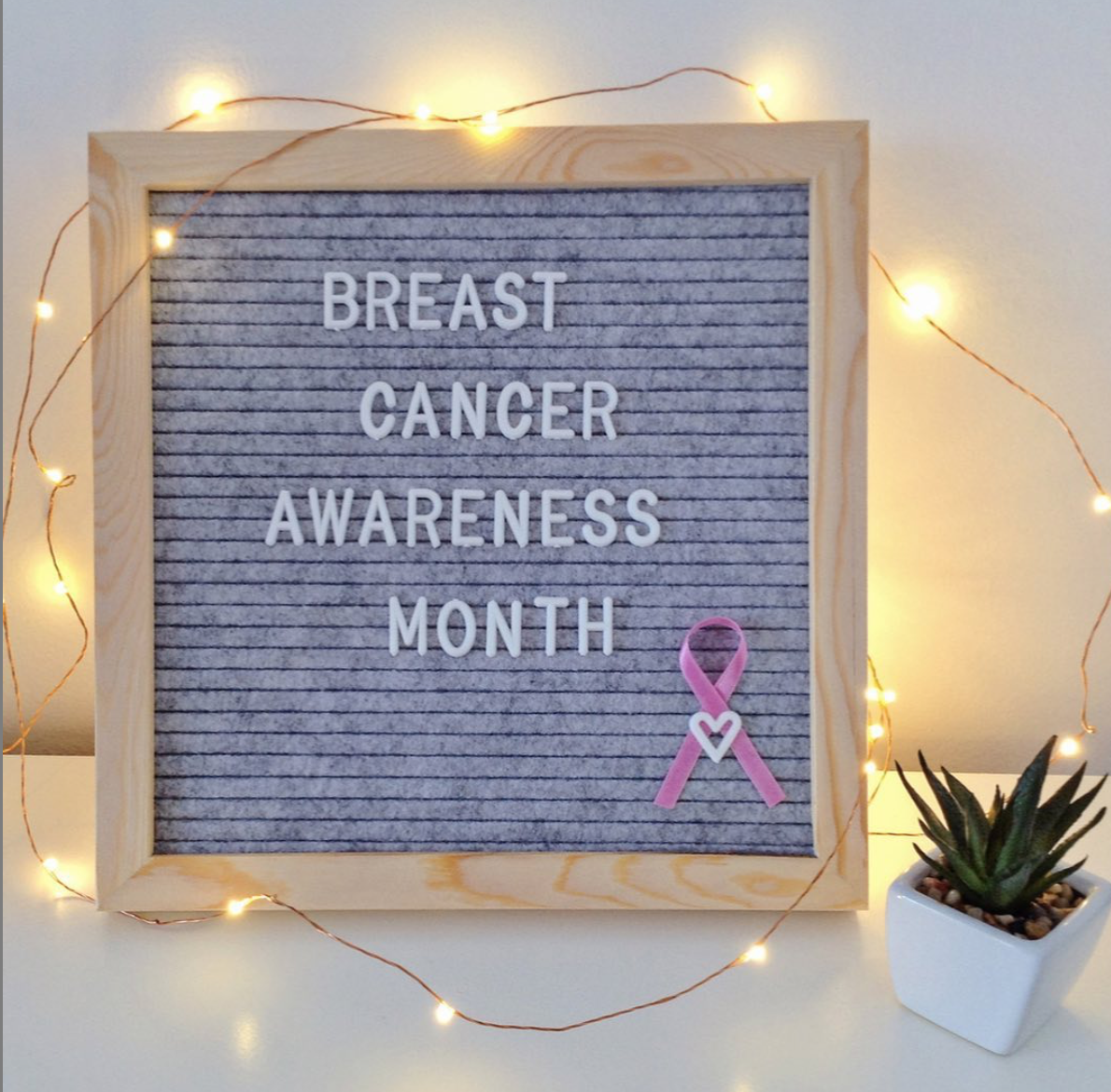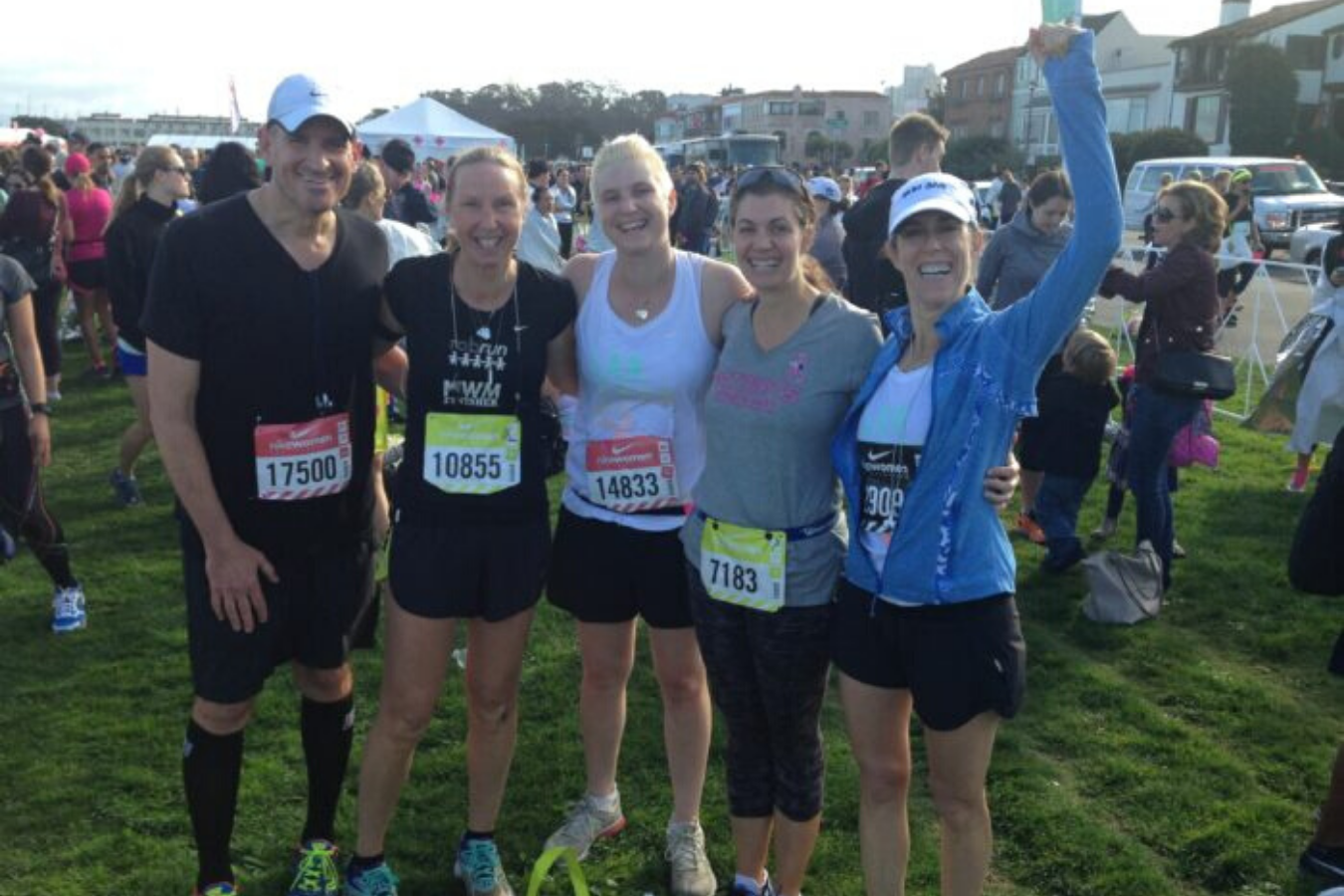What Can You Do To Reduce Your Risk of Breast Cancer?
As a breast cancer surgeon, I get asked all the time about the best ways to reduce your risk of breast cancer. For some women with a higher than average risk due to family history or a genetic mutation associated with breast cancer, discussing medical...



